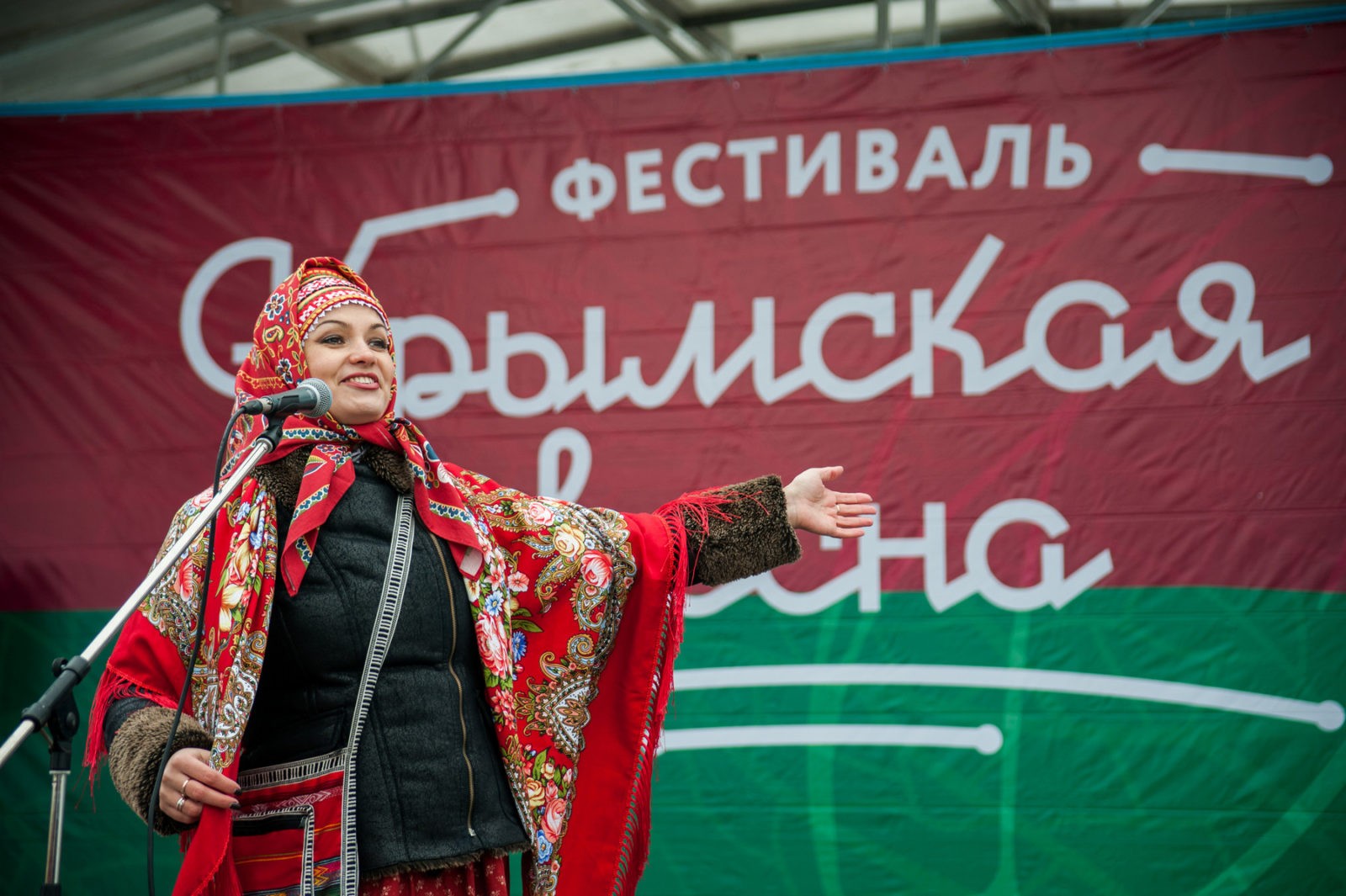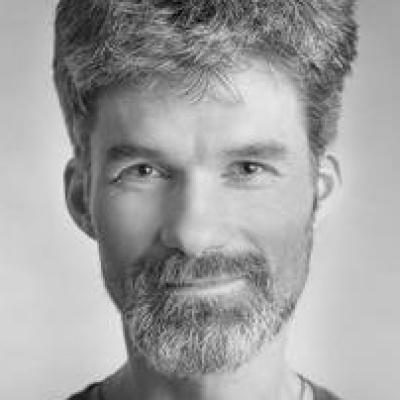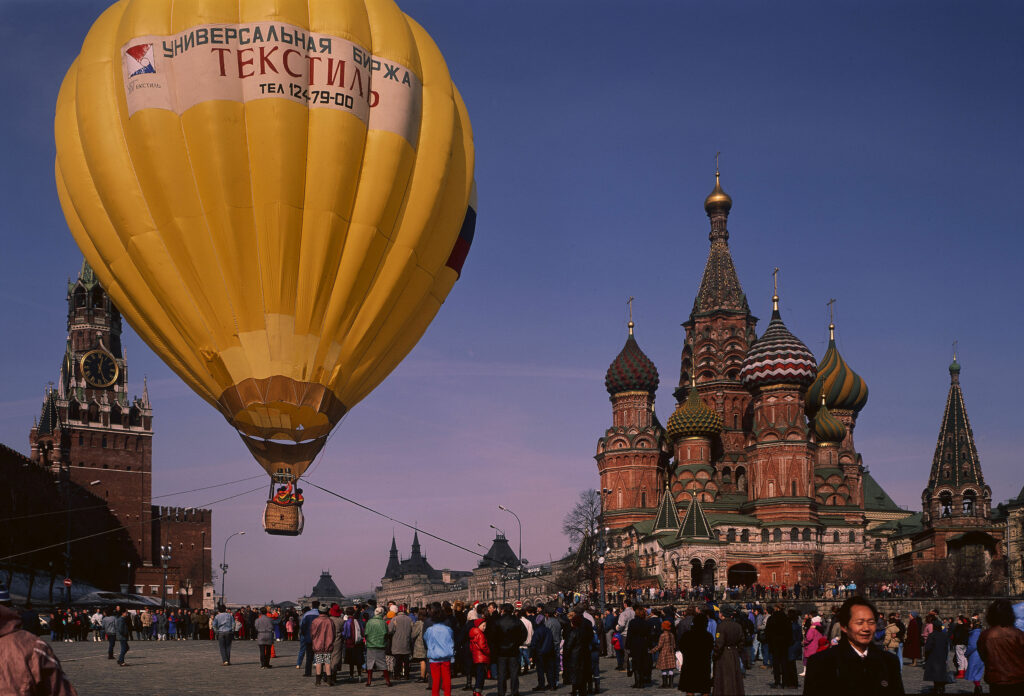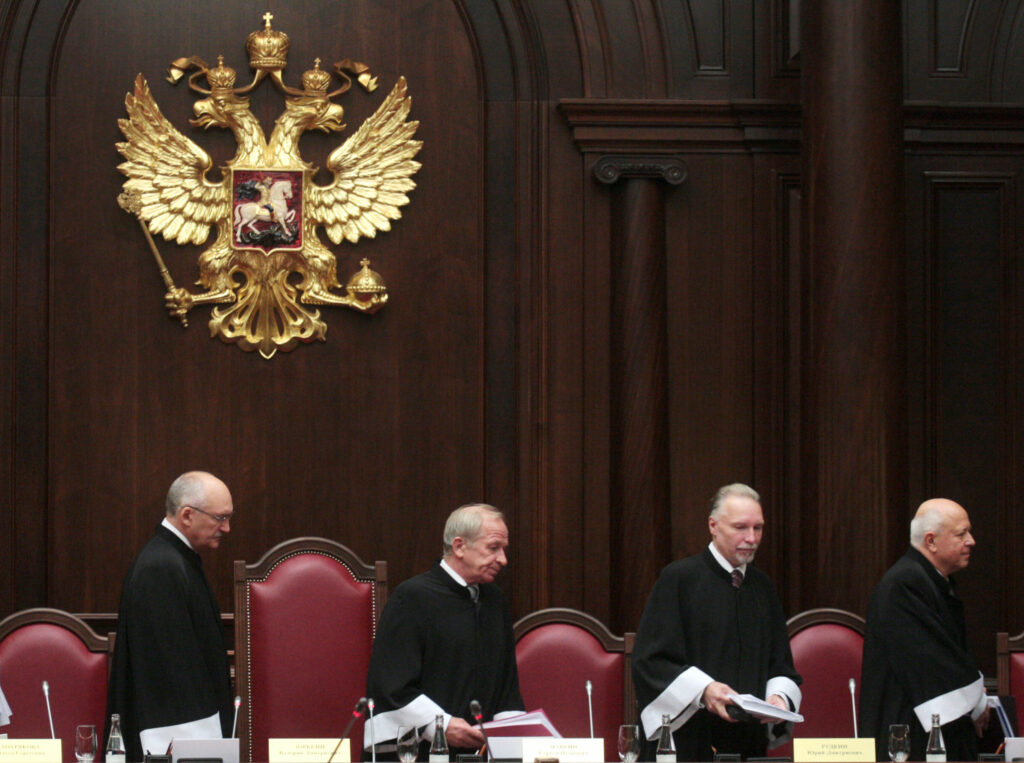It is difficult to name another concept which has changed its meaning as freely as that of the “Russian World.” Once created as an alternative to nationalism and imperialism in any form, it is now strongly identified with them. But can the idea of the “Russian World” really be reduced solely to the ideology of foreign policy expansion? This essay considers how meanings and interpretations of the term has changed, with the goal of at least partially rehabilitating it.
The history of the “Russian World” as a political and philosophical concept begins in the 1980s with the works of historian and philosopher Mikhail Gefter and a group of his acquaintances (of whom Gleb Pavlovsky is today the most famous.) Gefter analysed the Soviet Union’s future prospects through his philosophy of world history. This was the context in which the future-oriented and universalist concept of a “Russian World” first arose.
Gefter considered the sum of world history to be a constant struggle by different groups of humans to organise and structure their ability to destroy and murder their own kind. “History is also about death, but selective death! All of it is filled with the struggle to limit death […] Death retreats into the subtext, to be indirectly reflected in other mechanisms: clashes between parties, classes, religions. [It then] breaks out and insinuates itself deep into culture, where the issue of death is the main […] problem. This culture requires us to accept death as the price of human development, demanding that humanity remakes itself in time periods evolution could barely provide for or countenance” (from Gefter’s From a Nuclear World to a World of Worlds.) As Gefter understood it, “peace” was developed as a possibility for humanity to save itself from self-destruction.
Unless an alternative could be found, Gefter considered it very likely that humanity would relapse into another catastrophic period of unruly mutual destruction. Gefter called this alternative the “world of worlds,” comprising several communities, or “worlds” which historically formed around large, developed cultures. As these worlds have to find a way to coexist on a shared planet, wrote Gefter, they should strive to enter into treaties, agreements, and various exchanges with one another. Thus the “Russian World,” according to Gefter, can only exist and be understood in relation to other such worlds, the boundaries of which have nothing to do with boundaries of states. In essence, the “Russian World” cannot be tied to any strictly territorial definition, nor to any specific form of governance.
After Gefter’s death in 1995, his article “The World of Worlds: Russian Beginnings” was included in the collected work OTHER. A Compilation on the New Russian Self-Consciousness. The compilation was produced by the Russian Institute, which had just been founded in Moscow by Sergey Chernyshev and Gleb Pavlovsky. It was probably thanks to the activity of the Russian Institute and its staff, who were relentlessly determined in their work on issues around identity, that Gefter’s concept of the Russian World began to circulate among Moscow’s intellectuals.
By the late 1990s, this concept of the Russian World had begun to gain traction among socially-minded businessmen and entrepreneurs who referred to their engagement in these matters, somewhat hazily, as “humanitarian technology.” According to one definition, “humanitarian technologies” are a set of practices aimed at creating, educating, processing, or altering the rules and frameworks of communication and cooperation between people, in accordance with external factors (both natural and social.) This environment is caused by the dominant trends in development in post-industrial production, reflecting a new paradigm that will form the basis of a new world order for the coming century.” The 1990s saw “Russianness” enter into PR and promotional texts through these very same “humanitarian technologies.”
When reading these texts, one must bear in mind the historical circumstances of their publication, as well as the quite pragmatic intentions of their authors. Such “Manifestos for the Future” were widespread in the Russia of the 1990s, and were in many ways their authors’ applications for a prime place in the struggle to define that future and its image. In Boris Yeltsin’s Russia, even those with access to resources and power did not appear to have a fully coherent image for the country’s future at their disposal; a fact which was frequently and openly discussed in society at the time. Little surprise that the marketplace for proposals for the future was bustling, and attended by various intellectual entrepreneurs who competed for a say in the state’s development programmes. This was a period when the creation and construction of identities was nothing less than a commercial activity. Accordingly, the same names listed as the authors of texts on the “Russian World” were also well known in the race to construct the future and new group identities.
Thus the “Russian World” was conjured up as an alternative image of the future, and one highly attractive for potential entrepreneurs who flocked to lend a hand to its development and promotion. The authors of the concept assigned an important role to the style of texts and lectures propagating the concept; these “humanitarian technologists” authored texts rich in metaphors and neologisms. To some extent, they were vague by design: the striking metaphors were absorbed but never fully rationalised. Readers of these texts get a sense of the underlying message, but only a sense. The “Russian World” was put into use as a potent metaphor, exploiting the epistemological gap between the luminaries behind it (bearers of specialist knowledge such as “humanitarian technology”) and the mass readership. These texts triggered a strong affective state in readers, who learnt to master the metaphors and their semantic associations. In hindsight, such texts are clear examples of the “language of the 1990s.” Vague in substance and rich in affect, they later played an important role in transforming the “Russian World” to something beyond an ideological concept: it took on a new life as a tenet of faith.
Nonetheless, the category of “Russian” was not yet discursively associated with nationalism to the same degree as today. Politicians and commentators of many political leanings expressed themselves on the “Russian question,” and their contributions to the debate were not linked to any coherent, systemic political programme. The close link between the “Russian question” and nationalist movements was established over the subsequent decade, when these movements and political parties began to form. However, their full history is a separate topic and is only alluded to here in order to illustrate the unique cultural and historical context in which the “Russian World” concept emerged.
A key text for understanding the “Russian World” concept is an article by Pyotr Shchedrovitsky entitled “The Russian World and the Transnational Russian Characteristics.” In his article, Shchedrovitsky presents the world solely from a geo-economic point of view, in which economics are the dominant attribute of all interactions between people (in this sense, it is clearly a product of the “neoliberal era,” that optimistic period in the years before 9/11.) In this worldview, “the technologies of thought and understanding, through which man makes sense of his place in the world, and the now widespread ideologies which undergird them, have become the chief factors in the historical rise and decline of states and societies.” The world is therefore governed by new types of subjects: global actors, global nations, large trans-regional and transnational associations or strategic alliances of countries, world cities (being the infrastructural nodes of the global economy), and online communities and associations.”
So the Russian World was presented as an ontological framework suited to this new trans-national, if not post-national and post-geopolitical reality, one localised not along national borders but in growing global cities. These global cities as nodes of networks of innovation now form the “backbone of Russia,” a fitting representation for the country in a new century dominated by geo-economic globalism. These new centres of growth and innovation harbour the infrastructure for economic activity conducted in the Russian language. The criteria for belonging are entirely different: membership is open to anybody who perceives themselves as Russian-speaking. In this world, the question of citizenship simply does not make sense, even while the implied separation of Russianness from citizenship, loyalty to the Russian state, and pursuit of “civilisational convergence” may now seem too radical and optimistic a notion.
However Shchedrovitsky never clarified the exact relations between this deterministic “Russian World” and the existing Russian state, neither in the article at hand nor in any others. The closest he comes to elaborating on this is by saying that “as it constructively develops its policy towards international ties, the emerging Russian state can and should search for its foundations in the Russian World and necessity [to the same.]” He did not explain further. The contradiction between the process of global economic deterritorialisation which Shchedritsky identifies and the inflexible, bounded territorial certainty of the existing state lies at the heart of the theoretical weakness of the entire Russian World concept. On one hand, it was suitable for conceptualising a “new Russian self-consciousness” for post-Soviet people. On the other, it was a decent marketing proposal by ambitious political technologists; it could be sold to all Russian-speakers on this planet and all others. But adapting the “Russian World” to emerging ideology immediately laid bare this contradiction, a problem resolved by dialling down the concept’s universalism.
Once the preserve of a small circle of metropolitan intellectuals, the concept of the Russian World was noticed by members of Russia’s presidential administration (the full scale of intellectual influences on the ideological development of Putinism has yet to be studied.) Vladimir Putin first mentioned the Russian World in 2001, speaking at the opening of the Congress of Russian Compatriots. Google statistics show that use of the term markedly increased after 2005. In 2007, a new foundation was established in June 2007 to work with the Russian diaspora and expand Russia’s cultural influence, taking the name “Russian World.” By this time, the concept of the Russian World was already a mainstay in political discussions.
The concept of the Russian World, which the presidential administration had assumed and repackaged for its own purposes, was thereby “purged” of any future-oriented dimension.
The “Russian World” was now firmly tied to the geographical boundaries of the former Soviet Union. In fact, this association is explicitly stated in the Russian state’s official policy on history, even though such statements were considered radical in the early 2000s. In a 2016 report by the Izborsk Club stated that “the notion of the ‘Russian World’ emerged at the end of the 20th century as a symbol of an enduring unity, of the civilisational, cultural, social, familial, infrastructural, industrial, and economic ties that persist despite the borders which arose with the collapse of the USSR.” Furthermore, in 2001 Putin declared that “since time immemorial the concept of the ‘Russian Word’ extended far beyond the geographical borders of Russia and even beyond those of the Russian ethnos.” However, since 2014 the “Russian World” has generally become understood as the boundaries of ethnic Russian settlement within the former borders of the USSR. In the words of Igor Zevelev, “the ideology of post-Soviet revanchism has now become practically official, including the image of Russia as the gatherer of a ‘Russian World’ divided by artificial borders.” The “artificiality” of these post-Soviet borders is strongly semantically linked to the concept of the “divided [Russian] people” as described by Putin.
Moreover, identity as a mode of self-identification and self-expression has been replaced by identity as a form of political traditionalism, as the above quote from the Izborsk Club demonstrates. In this formation, the Russian World is a solely defensive concept; its use in the arsenal of expansionist policy is inextricably linked to the idea that so-called “Russianness” cannot be exported, nor offered. It is thus completely devoid of any “marketable” appeal on a global scale.
In conclusion, the current government’s appropriation of the “Russian World” has diminished the concept’s original universal appeal, as envisaged by Gefter. This original spirit must be restored, particularly as doing so is essential in understanding the spontaneous formation of yet another Russian World: the sixth, or “Putin-era” wave of emigration from Russia.
Could there ever be “another Russian World” (to take the title of a recent research paper on emigration from Russia)? For the entire post-Soviet period, no other concept has appeared which helps us make sense of the state of an international Russian-speaking community which is no longer strictly connected to Russia alone. Despite the isolationism promoted by Russia’s official cultural policy (an isolationism which, historically speaking, may prove to be temporary), “Russianness” is still deterritorialised. That is to say, it has largely “broken off” from any geographic boundaries or ethnocultural traditions of the Russian ethnos. Moreover, non-Russia-centric versions of the Russian language are starting to emerge, such as “Ukrainian Russian.” The idea that the standard as decreed by Moscow is no longer the only literary form of the Russian language may anger many in Russia, but it is inevitable. We can also count on the appearance of numerous politically engaged Russian-speaking groups who do not equate themselves to the Russian state and its historical fate. These Russians are certainly not “compatriots” as Putin defines them. These two processes, it happens, were foreseen in the very first concepts of the Russian World, as discussed in Shchedrovitsky’s article.










